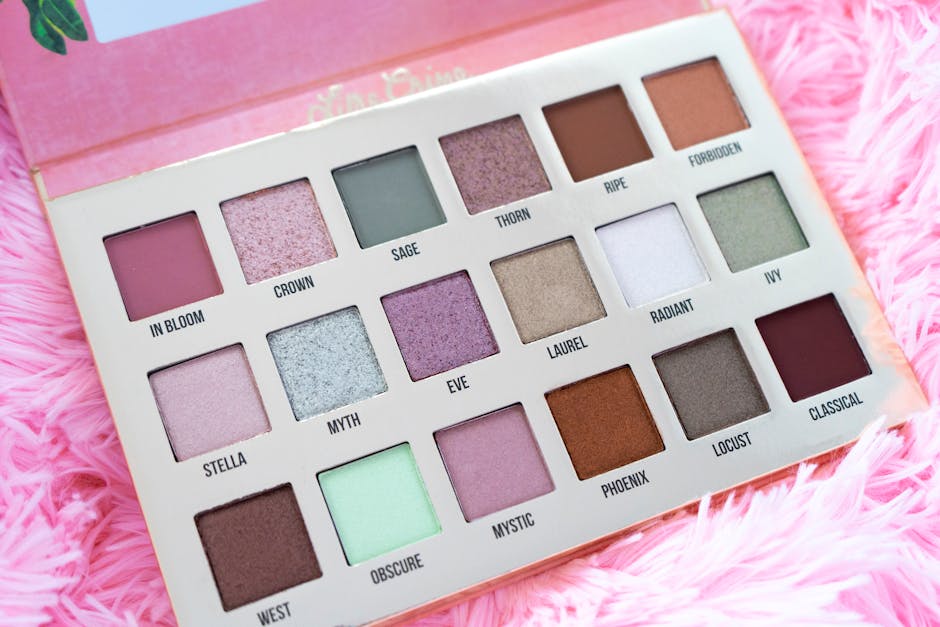The fashion and beauty industries, ever-evolving and often overwhelming, are rife with assertions that masquerade as truths. From age-old folk remedies to modern marketing campaigns, a plethora of beauty myths circulate, sometimes with insidious consequences for both our wallets and our well-being. Unraveling these fabrications, separating fact from fiction, is crucial for making informed choices about our beauty routines and embracing a healthier, more sustainable approach.
A pervasive misconception surrounds the very notion of “perfection”. Numerous beauty myths are rooted in the unattainable ideal of flawless skin, sculpted figures, and perfect symmetry, often perpetuated by the media and social media. These portrayals, frequently manipulated and filtered, create unrealistic expectations, fostering a cycle of dissatisfaction and self-criticism. The relentless pursuit of an idealized standard often leads to unhealthy behaviours, such as excessive dieting, risky cosmetic procedures, or obsessive skincare routines. This insidious pressure to conform underscores a critical point: beauty is not a fixed entity; rather, it’s a multifaceted concept unique to each individual.
A considerable number of myths centre around specific products and procedures. For instance, the belief that a particular facial mask will instantly erase wrinkles or that a specific serum will miraculously revitalize dull skin are common falsehoods. While some products can offer benefits, the emphasis should be on consistent use and healthy habits. These products frequently play on desperation and desire for quick fixes, rather than addressing the underlying factors that contribute to skin health, such as hydration, nutrition, and stress management. Another common myth concerns the efficacy of whitening products. Many such products promise miraculous results, but the reality often involves temporary or superficial alterations that can harm the skin over time. Focusing on ingredients that genuinely nourish the skin and promoting its natural radiance is crucial.
Dietary practices often get caught in the web of beauty myths. While a balanced diet plays a significant role in overall health and can indirectly influence skin and hair conditions, associating specific foods with miraculous beauty transformations is a fallacy. The notion that certain foods, like specific fruits or vegetables, magically counteract ageing or promote instant complexion enhancements is often unfounded. The key is a holistic approach to diet, embracing nutrient-rich foods and prioritizing balanced meals. Instead of seeking miracle cures in specific foods, the focus should be on adopting a sustainable, healthy diet that fosters well-being in its entirety.
A significant portion of beauty myths concerns skincare rituals. Many believe that elaborate and time-consuming routines are essential for achieving optimal results. The truth is often the opposite. Over-exfoliating, for instance, can strip the skin of its natural oils, leading to dryness and irritation. Using too many products can disrupt the skin’s natural balance and potentially cause breakouts. A simplified, mindful approach to skincare is often more effective and gentler. Understanding your skin type and choosing products that suit its specific needs is paramount, rather than blindly following trends and potentially damaging your skin barrier.
Even haircare routines are entangled in myths. Frequent use of heat styling tools, for instance, is often believed to be detrimental. While moderate use does pose a risk, completely eliminating it might not be the solution. Finding a balance, using heat protection sprays, and ensuring a healthy diet can often mitigate the damage. Another pervasive myth is that hair growth can be accelerated through certain products or treatments. Instead of chasing these claims, fostering a healthy scalp and providing the hair with essential nutrients through diet are more effective ways to promote strong, healthy hair.
The realm of cosmetic surgery, too, is shrouded in myths. The notion that surgery is a guaranteed path to happiness or that it can entirely reverse the effects of ageing is a misconception. Cosmetic procedures should be approached with realistic expectations and a clear understanding of potential risks and recovery times. Crucially, the decision to undergo any cosmetic procedure should stem from self-acceptance and a desire for improvement, not external pressures or the pursuit of unrealistic beauty standards.
Ultimately, dismantling these beauty myths requires a conscious effort to distinguish fact from fiction. Engaging with a range of credible sources, consulting dermatologists and other healthcare professionals, and prioritizing holistic well-being are essential steps. By embracing a balanced approach to beautyone that values health, individual uniqueness, and sustainable practiceswe can achieve a more genuine and fulfilling sense of self-worth. It’s about cultivating self-love and genuine confidence, not succumbing to the allure of temporary fixes and unattainable ideals.






